I was able to run odoo's tests using pycharm, to achieve this I used docker + pytest-odoo + pycharm (using remote interpreters).
First you setup a Dockerfile like this:
FROM odoo:14
USER root
RUN apt-get update && \
apt-get install -y --no-install-recommends \
python3-pip
RUN pip3 install pytest-odoo coverage pytest-html
USER odoo
And a docker-compose.yml like this:
version: '2'
services:
web:
container_name: plusteam-odoo-web
build:
context: .
dockerfile: Dockerfile
image: odoo:14
depends_on:
- db
ports:
- "8069:8069"
volumes:
- odoo-web-data:/var/lib/odoo
- ./config:/etc/odoo
- ./addons:/mnt/extra-addons
command: --dev all
db:
container_name: plusteam-odoo-db
image: postgres:13
ports:
- "5432:5432"
environment:
- POSTGRES_DB=postgres
- POSTGRES_PASSWORD=odoo
- POSTGRES_USER=odoo
- PGDATA=/var/lib/postgresql/data/pgdata
volumes:
- odoo-db-data:/var/lib/postgresql/data/pgdata
volumes:
odoo-web-data:
odoo-db-data:
So we extend an odoo image with packages to generate coverage reports and pytest-odoo
Once you have this, you can run docker-compose up -d to get your odoo instance running, the odoo container will have pytest-odoo installed, the next part is to tell pycharm to use a remote interpreter with the odoo modified image including the pyest-odoo package:

Now every time you run a script in pycharm they will launch a new container based on the image you provided.
After examining the containers launched by pycharm I realized they bind the project's directory to the /opt/project/ directory inside the container, this is useful because you will need to modify the odoo.conf file when you run your tests.

You can customize the database connection for a custom testing db which you should do, and the important part is that you need to map the addons_path option to /opt/project/addons or the final path inside the containers launched by pycharm where your custom addons are available.
With this you can create a pycharm script for pytest like this:

Notice how we provided the path for the odoo config with modifications for testing, this way the odoo available in the container launched by pycharm will know where your custom addon's code is located.
Now we can run the script and even debug it and everything will work as expected.

I go further in this matter (my particular solution) in a medium article, I even wrote a repository with a working demo so you can try it out, hope this helps:
https://medium.com/plusteam/how-to-run-odoo-tests-with-pycharm-51e4823bdc59 https://github.com/JSilversun/odoo-testing-example
Be aware that using remote interpreters you just need to make sure the odoo binary can find the addons folder properly and you will be all set :) besides using a Dockerfile to extend an image helps to speed up development.




